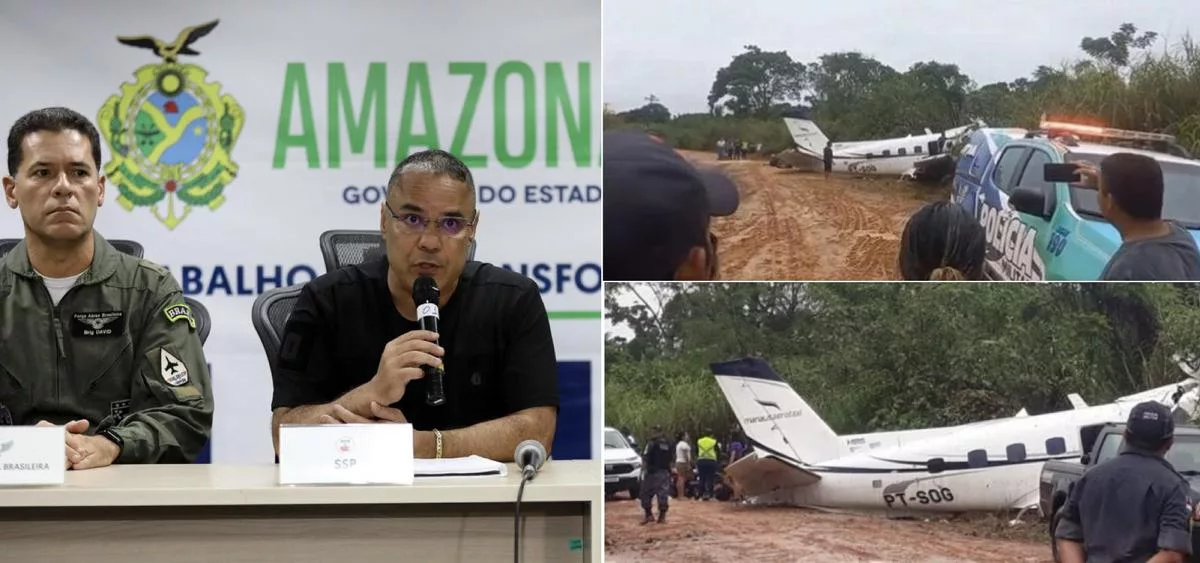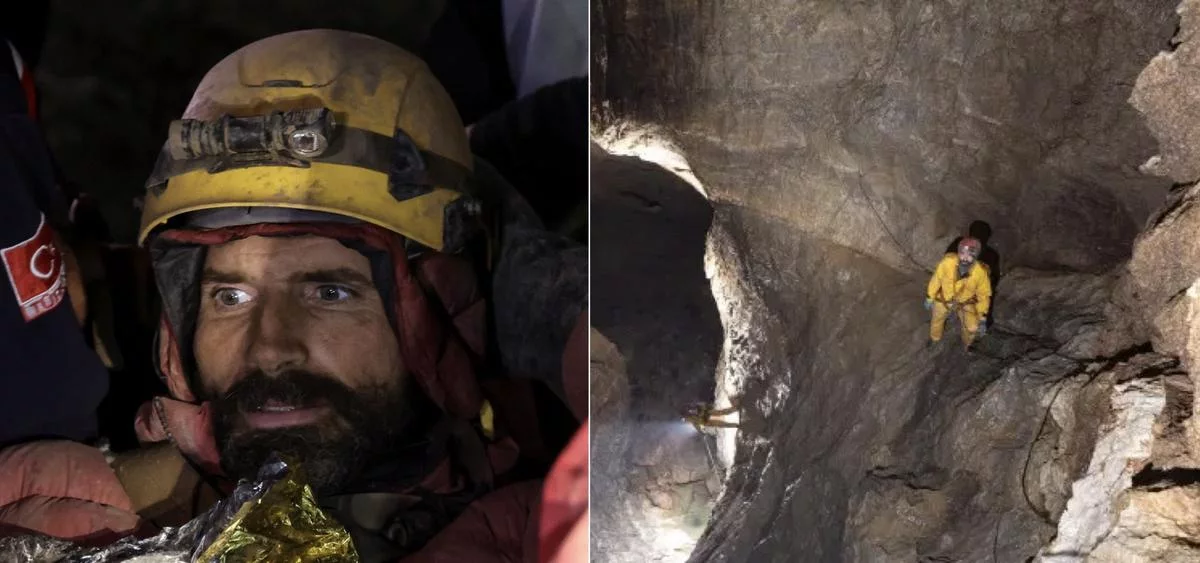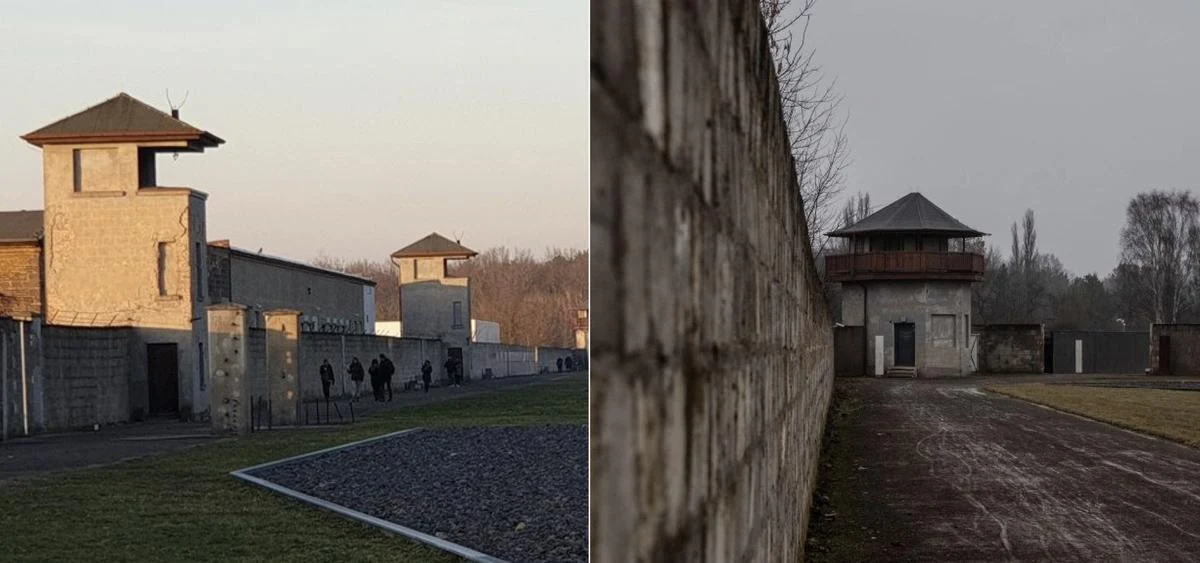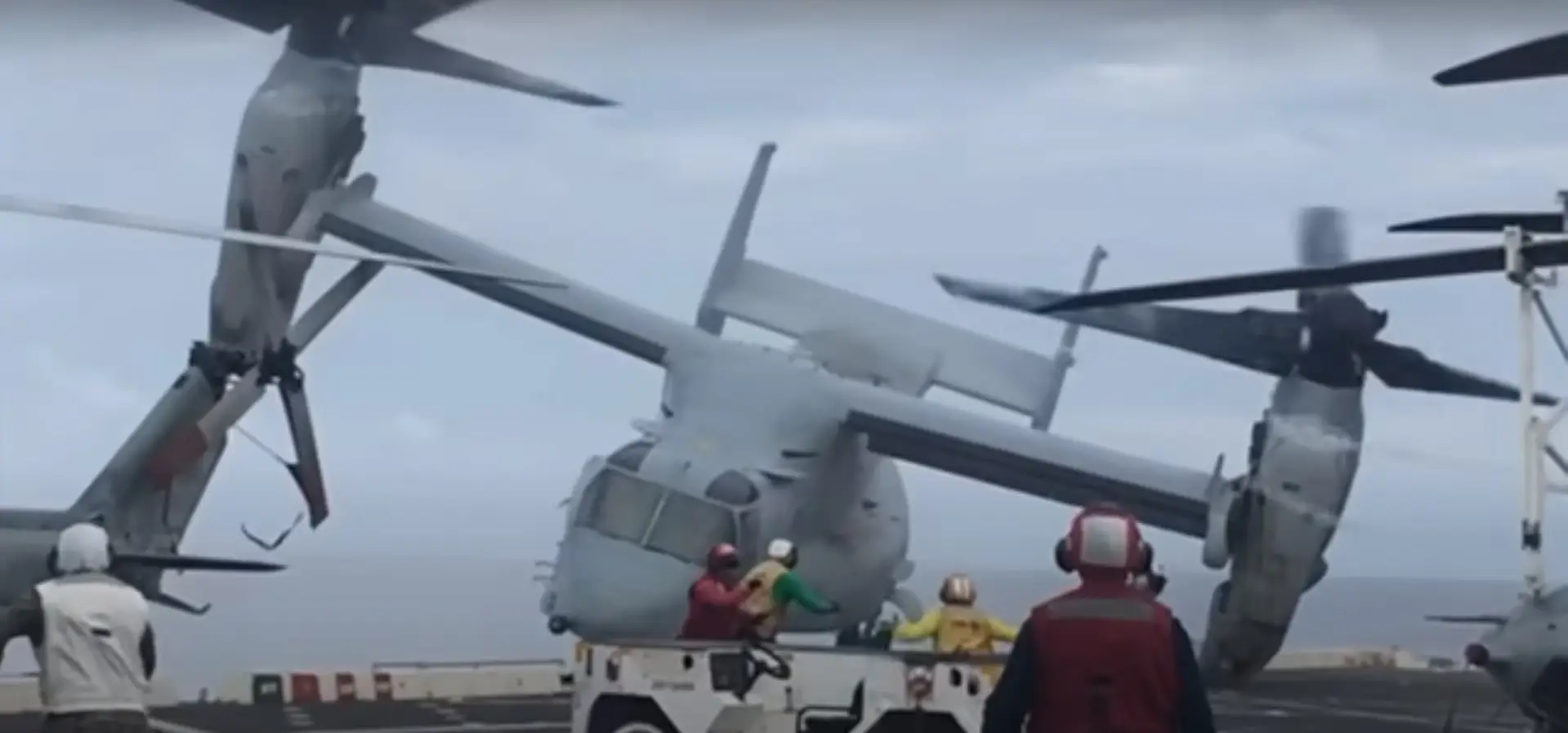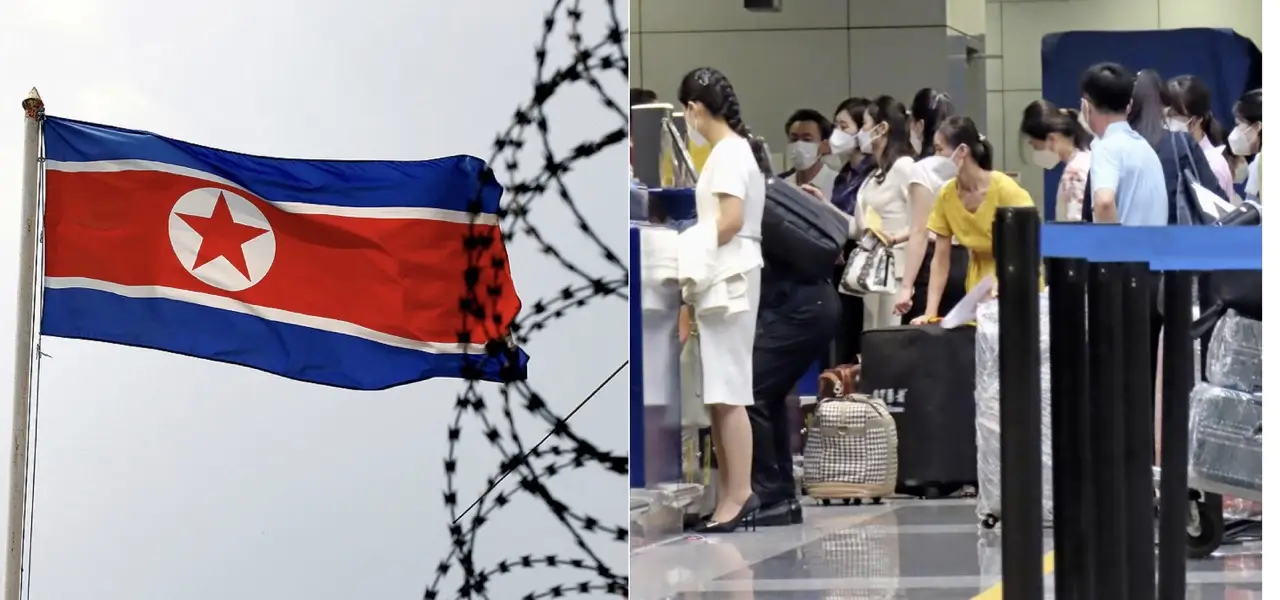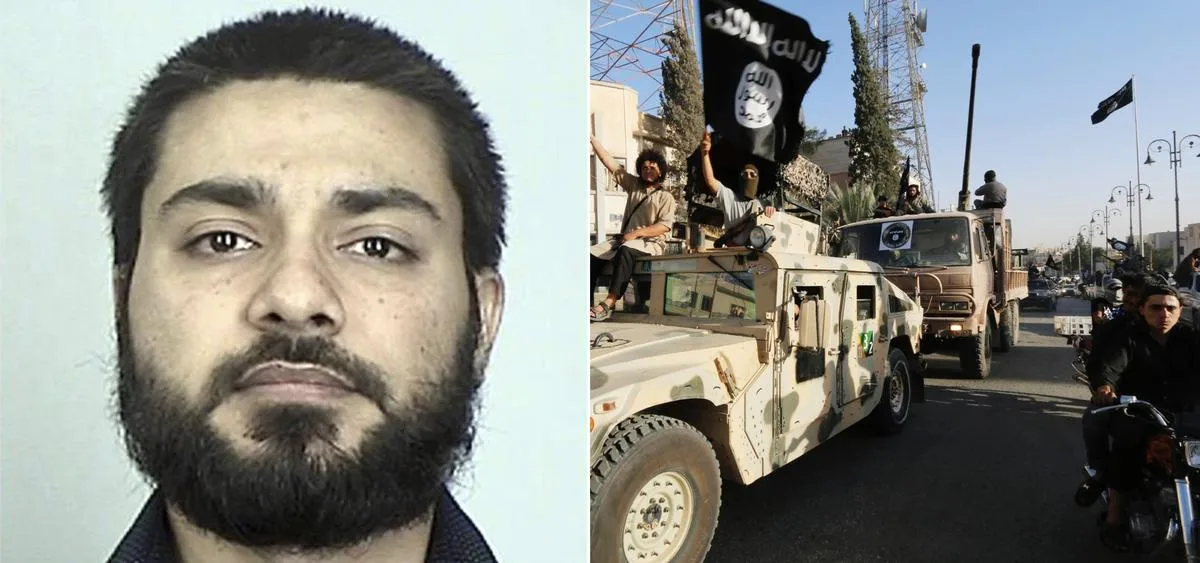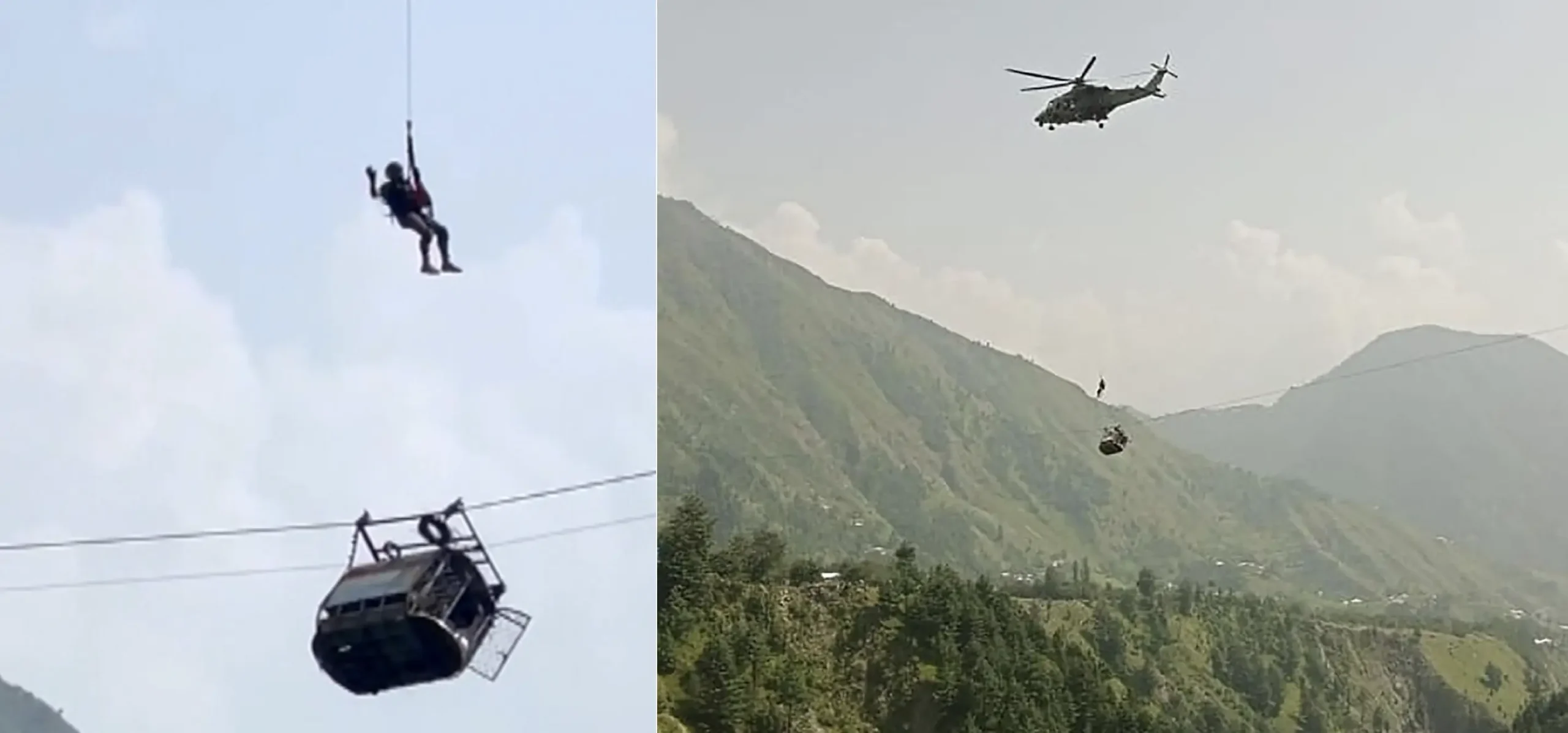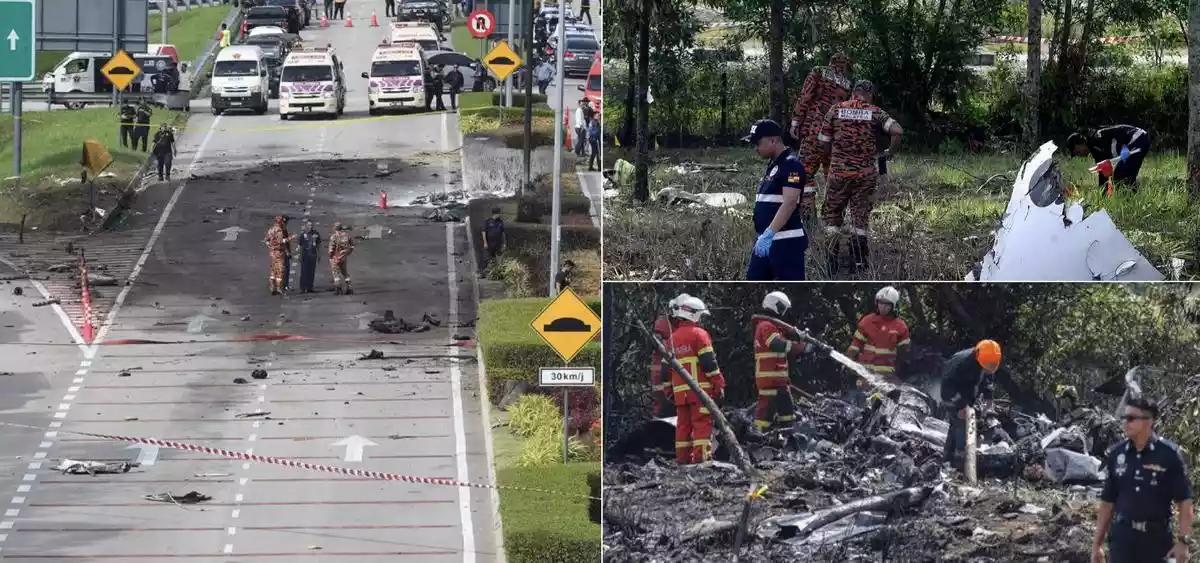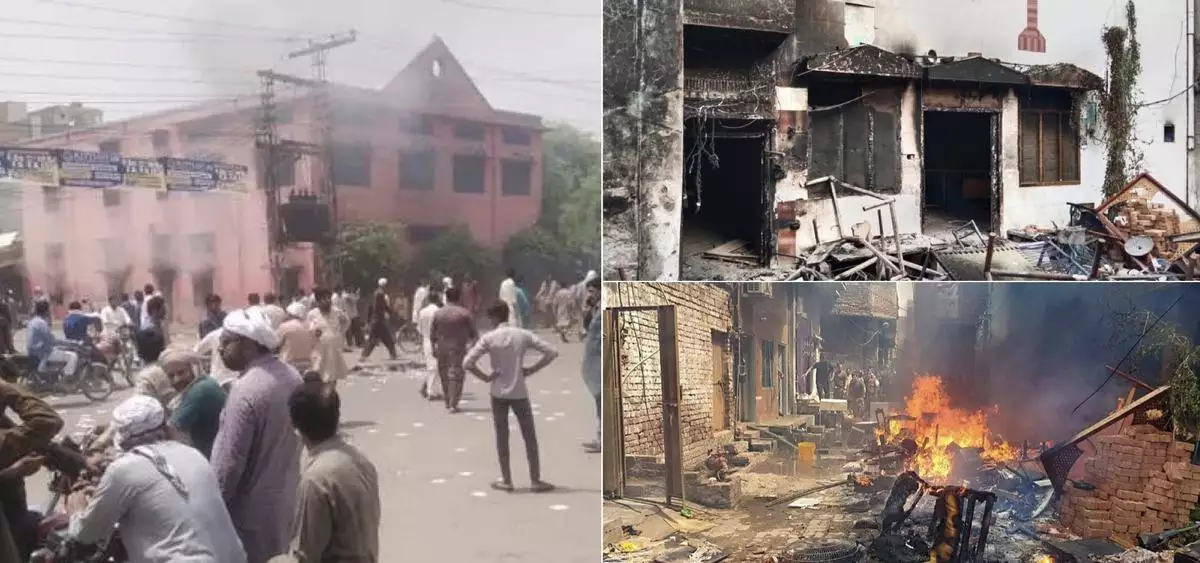As the international community grapples with the devastating loss of life, questions arise about the response of Greek authorities and the urgent need for comprehensive solutions to prevent further tragedies
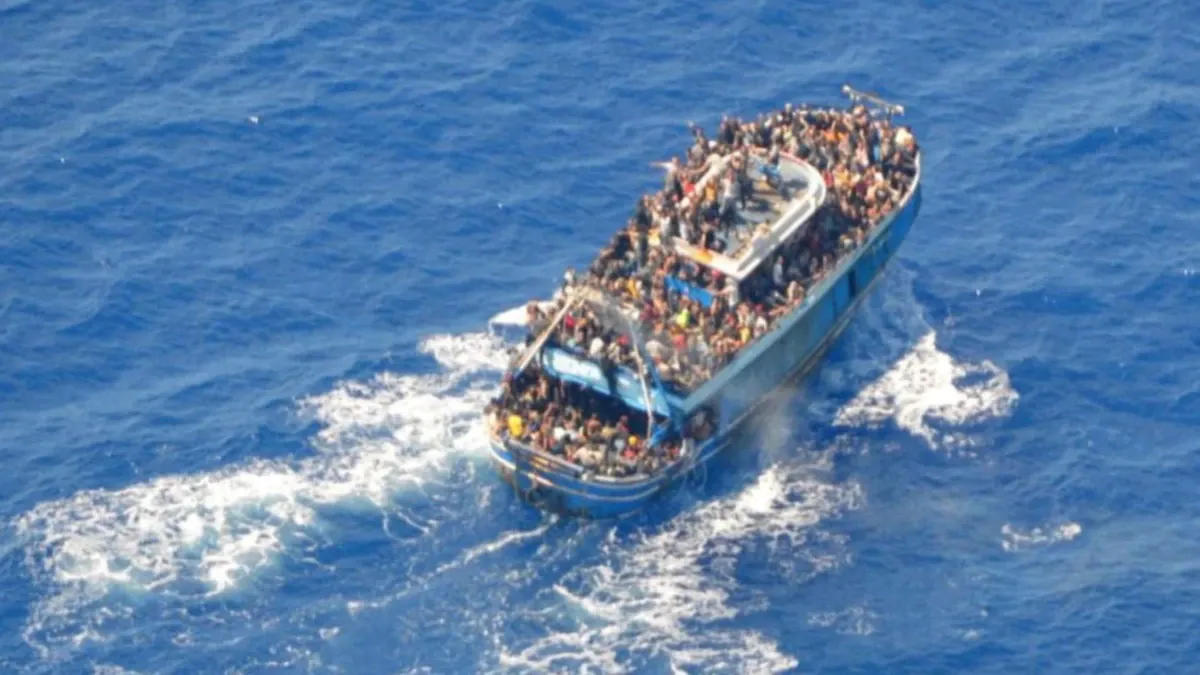
Photo Credit: Social media
The recent shipwreck off the coast of Greece has resulted in a devastating loss of life, with the death toll estimated to be in the hundreds. The overcrowded fishing boat, carrying between 400 to 750 migrants, sank, most likely due to overcrowding. Greek authorities have managed to rescue over 104 survivors and recover the bodies of 78 individuals who did not survive the tragedy.
In response to this heartbreaking event, the International Catholic Migration Commission (ICMC) expressed deep regret over the loss of life. Msgr. Robert Vitillo, the secretary general of the ICMC, emphasized the need for safer alternatives for migration and called for just and fair management of global migration. He referred to Pope Francis’ appeals for the welcoming, protection, promotion, and integration of migrants and refugees, highlighting the contributions that migrants and refugees make to communities worldwide.
The ICMC, as the leading Catholic agency coordinating assistance to refugees and internally displaced people, is actively involved in promoting alternative pathways for migration and providing emergency and long-term support to migrants and refugees. Msgr. Vitillo urged a serious commitment to welcoming those in need.
The sinking of the migrant boat off the coast of Greece is believed to be one of the deadliest tragedies of its kind in the Mediterranean. The exact number of missing individuals is yet to be determined, but it is likely that many lost their lives in the incident. Ylva Johansson, the EU Commissioner for Home Affairs, described it as the worst tragedy ever seen in the Mediterranean.
The boat was en route from Tobruk, Libya, to Italy when it capsized. The scale of this loss of life has sparked outrage in Europe and drawn attention to the ongoing migrant crisis. Johansson condemned the smugglers responsible for organizing such perilous journeys, stating that they are not sending people to Europe but to their deaths. She emphasized the urgency of preventing such tragedies and finding different ways to combat smugglers while saving lives.
The Greek Coast Guard has faced criticism for its handling of the disaster. However, they denied claims that the boat capsized after their attempt to tow it to shore. According to government spokesperson Ilias Siakanderis, the coast guard arrived two hours before the boat sank, and there was no connection between their approach and the sinking. They maintain that their assistance had been declined by the boat’s passengers.
The rescue operation managed to save over 100 people and recover the bodies of 78 victims. However, the search for more survivors continues beyond the standard 72-hour timeframe. International organizations, including the UN’s migration and refugee agencies, called for urgent action to prevent further deaths at sea. They emphasized the legal and humanitarian imperative to conduct timely maritime search and rescues. Amnesty International and Doctors Without Borders urged the EU to establish state-led search-and-rescue operations in the Mediterranean and called the incident a preventable tragedy for which the Greek government bears responsibility.
The sinking of the boat has highlighted the ongoing refugee crisis in Europe, with migrants risking dangerous routes to reach safety from war, persecution, climate change, and poverty. It is essential to find effective ways to fight smugglers and protect the lives of those attempting these treacherous journeys.
The tragedy off the coast of Greece serves as a solemn reminder of the urgent need for comprehensive and compassionate migration policies. It is a shared responsibility that requires cooperation between countries of origin, transit, and destination. By prioritizing the safety and well-being of migrants and refugees, we can work towards a more inclusive and humane approach to addressing the global migration crisis.


